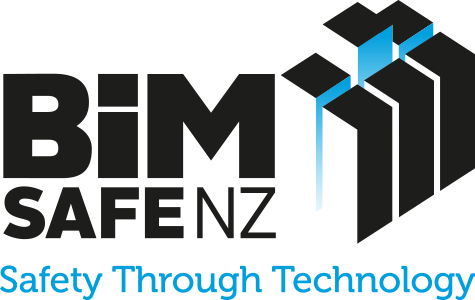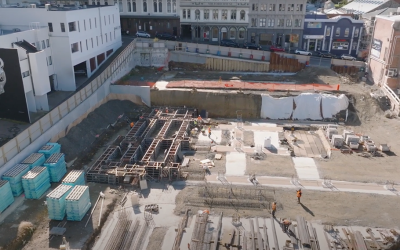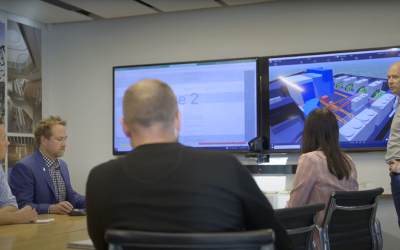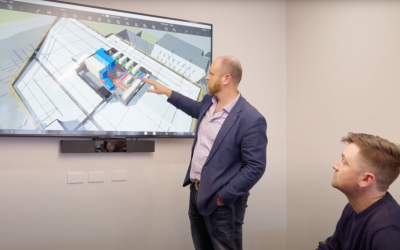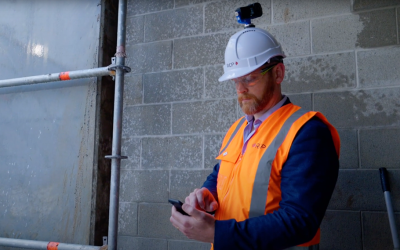Welcome to the
BIMSafe NZ Web Portal
This portal provides guidance articles and case studies for the integration of health and safety into BIM models for the construction industry in New Zealand.
This resource is continuously evolving, and we encourage you to contribute your expertise and experience. Your insights can help shape and expand this valuable knowledge base for the benefit of the entire New Zealand construction community.
Select your role
Find out how BIMSafe can work for you.
BIMSafe can be used by all stakeholders in the construction process, whether in procurement, design, construction, or facilities management. By selecting your specific role, you can view resources targeted to different health and safety tasks and BIM applications.
Guidance articles
Case studies
ACC Ōtepoti: Visualisation for project communication in piling
On the ACC Ōtepoti project, the use of reality capture and BIM has improved project communication, clash detection, and quality control during the piling phase. By combining surveyed as-built data with design models, the project team has been able to identify and resolve issues before they impact the construction schedule or safety on site. The team’s approach has focused on reducing the gap between as-planned and as-built, ensuring that work is thoroughly planned before activities start on site, and in particular minimising the need for workers to operate under pressure with heavy elements suspended on the crane.
ACC Ōtepoti: Health and safety in design
On the ACC Ōtepoti project, the use of Building Information Modelling (BIM) and collaborative processes enabled the project team to focus on potential health and safety hazards that could occur during building operation and maintenance, and to use design approaches to mitigate or eliminate them. By leveraging the 3D model and facilitating open communication among stakeholders, including contractors, consultants, and end-users, the team could thoroughly investigate and address potential risks before construction began, to create a safer building for users and operators once it is completed.
ACC Ōtepoti: Reducing plant room risks in installation
On the ACC Ōtepoti project, the use of Building Information Modeling (BIM) and collaborative processes enabled the project team to focus on potential health and safety hazards that could occur during building operation and maintenance, and use design approaches to mitigate or eliminate them. By leveraging the 3D model and facilitating open communication among stakeholders, including contractors, consultants, and end-users, the team could thoroughly investigate and address potential risks before construction began, to create a safer building for users and operators once it is completed.
ACC Ōtepoti: Project manager’s perspective using OpenSpace and BIM
On the ACC Ōtepoti project, reality capture has become a useful tool to support the health and safety objectives of the client and the site team. Combining video and BIM models using OpenSpace has allowed the extended project team to engage in virtual tours of the construction site. Communication, collaboration, quality control, and stakeholder engagement have all improved as a result, with clear benefits for improved health and safety management.
ACC Ōtepoti: A BIM Manager’s view on using BIM for construction planning
On the ACC Ōtepoti project, the construction team has leveraged Building Information Modelling (BIM) to enhance health and safety practices on site. By integrating the BIM model into the construction planning process, the team has been able to visualise and plan for potential hazards, optimise site layout, and improve communication with workers and subcontractors.
BIMSafe NZ is a three-year, $1.7m collaboration between the building industry and government
Our aim is to reduce accident and injury rates in New Zealand through greater understanding, communication and mitigation of risk.
